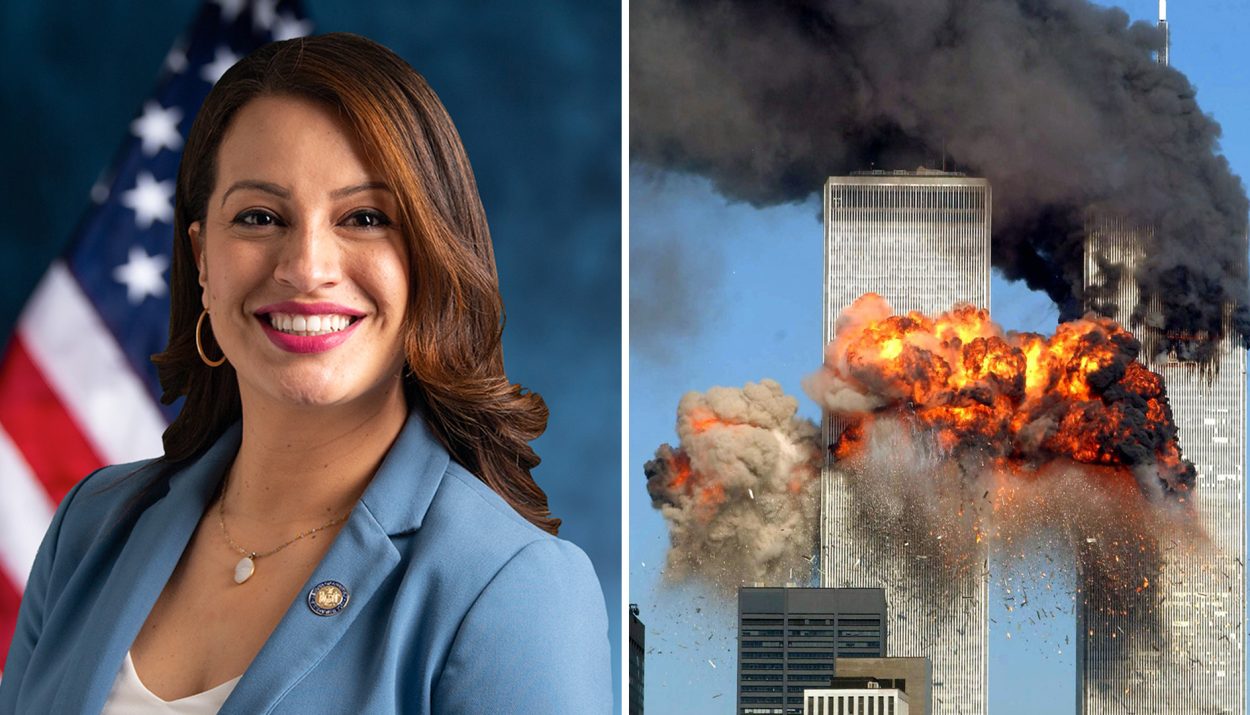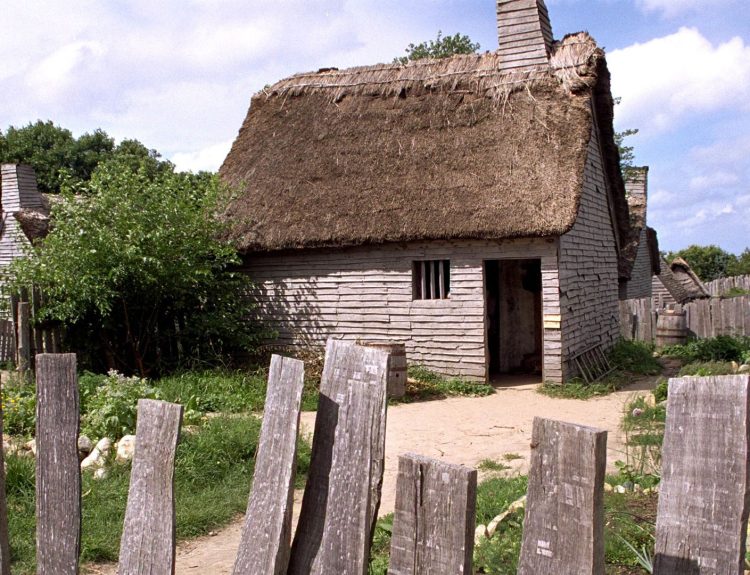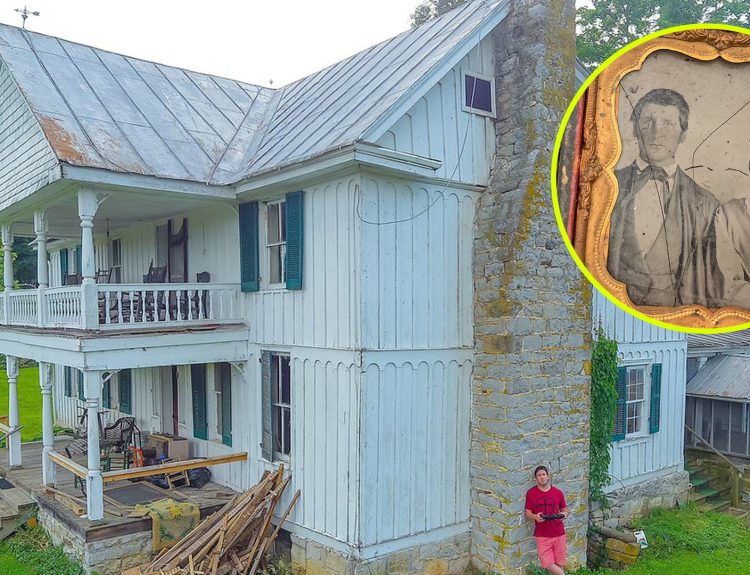A recent controversy has erupted over a New York Democrats’ attempt to revise public school lessons about 9/11. The Democrat introduced a bill which will significantly alter how students are taught about 9/11 by including the manner in which the attacks contributed to xenophobia.
The Controversial Proposal
Catalina Cruz, a Democrat from Elmhurst, New York, introduced a bill that would require K-12 students in the state to learn about the ways in which the 9/11 attacks contributed to xenophobia in the U.S.
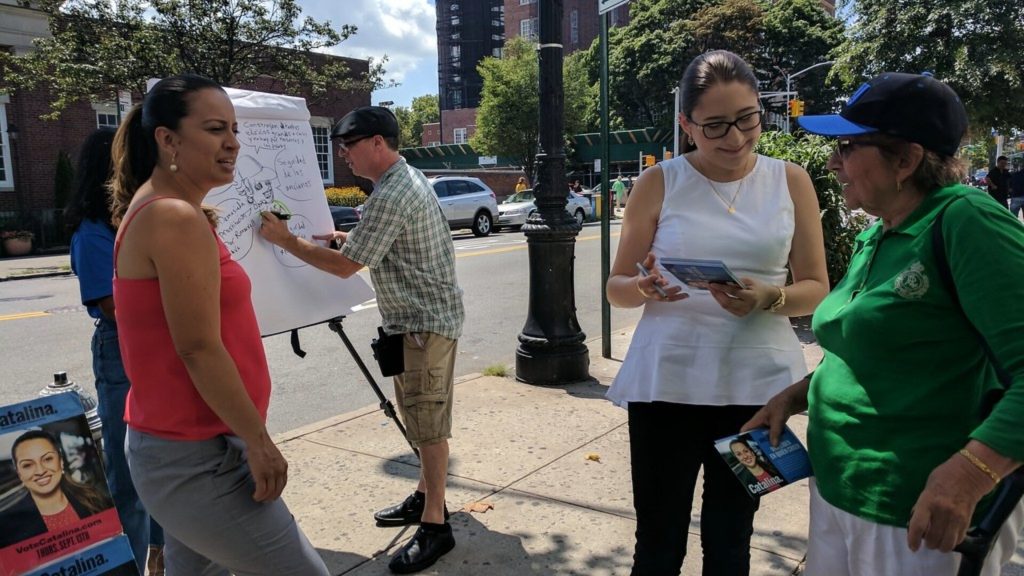
The bill would mandate the state education commissioner to create a 9/11 “awareness curriculum or instruction” for all school districts.
An Age-Appropriate Curriculum
The curriculum would be age-appropriate and include themes such as how the attacks contributed to Islamophobia and xenophobia in politics, domestic and foreign policy, media, and general public attitudes.
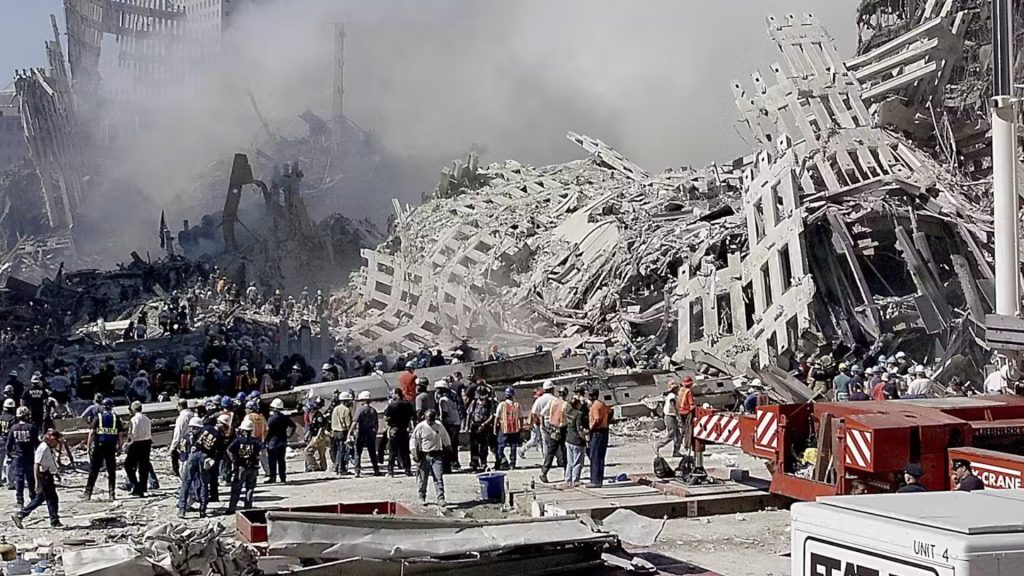
Additionally, students would learn how an “increase in hate crimes and discrimination” followed the attacks.
The Aim of the Bill
The aim of the bill proposed by Assemblywoman Catalina Cruz is to shift the focus of K-12 education about the 9/11 attacks. The bill seeks to emphasize the aftermath of the attacks, particularly the rise in ‘xenophobia’ and anti-Muslim hate crimes.
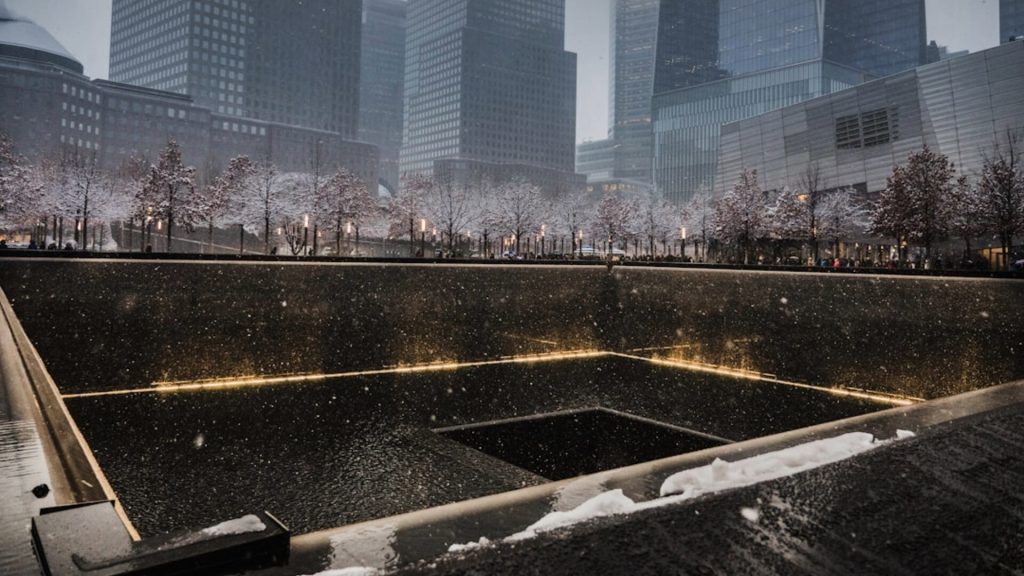
The curriculum must be “age-appropriate” and contain various “themes,” including how the attacks contributed to “Islamophobia and xenophobia” in politics, domestic and foreign policy, media, and “general public attitudes,” according to the bill’s text.
The Bill Sparks Backlash
The backlash to Assemblywoman Catalina Cruz’s proposed bill has been significant. Critics have accused Cruz of attempting to rewrite history. They argue that while it’s important to acknowledge the increase in xenophobia and anti-Muslim sentiment after 9/11, this should not overshadow the events of the day itself.
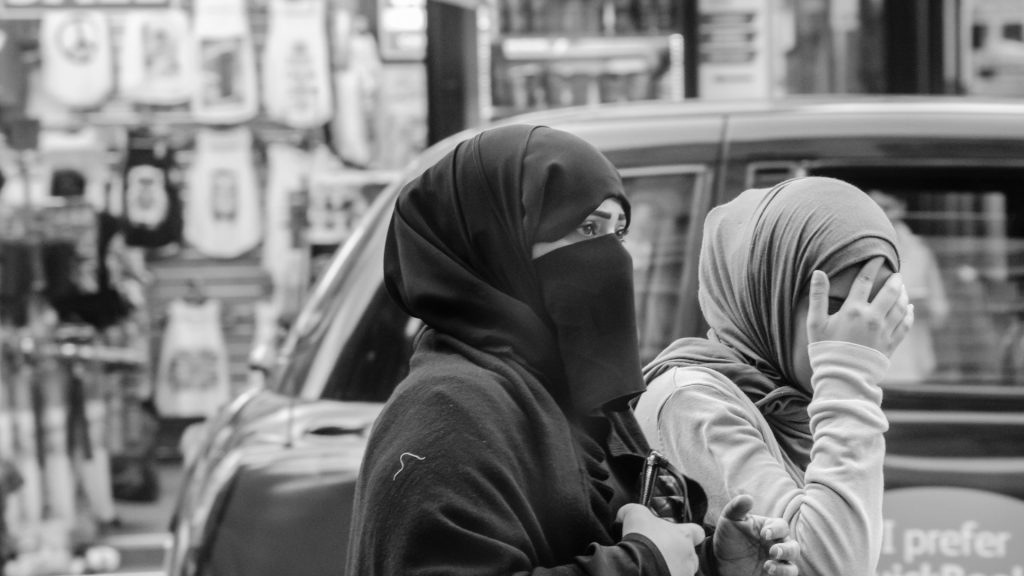
Critics also argue that the bill could potentially diminish the experiences of the victims of the 9/11 attacks and their families. They believe that the focus of 9/11 education should remain on the attacks themselves, the perpetrators, and the impact on the victims and their families.
The Importance of 9/11 Education
A survey of U.S. history teachers found that they primarily teach about 9/11 on the date of the anniversary. The narrative focuses on 9/11 as an unprecedented and shocking attack, the heroism of the firefighters and other first responders, and a global community that stood behind the U.S. in its pursuit of terrorists.
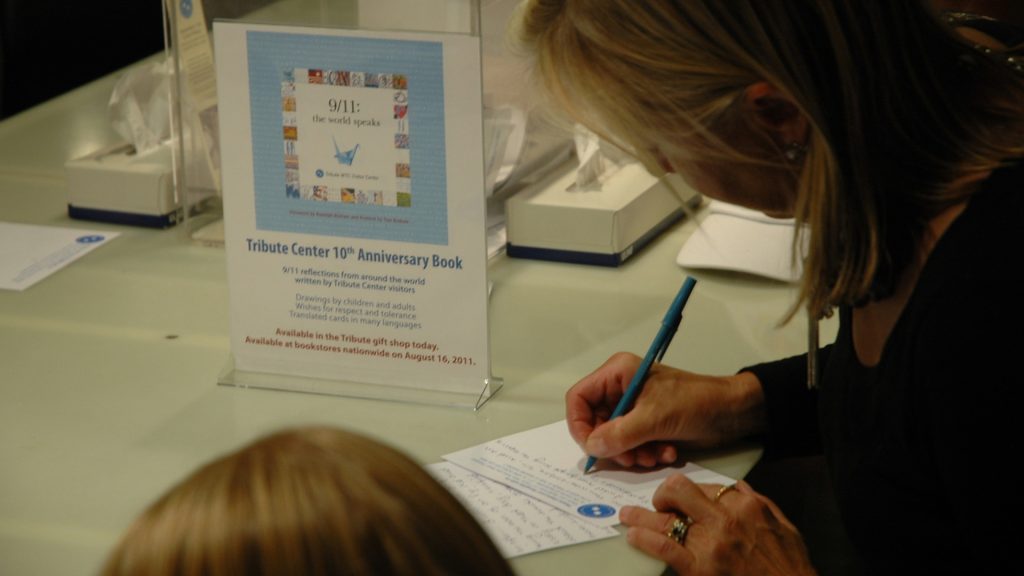
However, teaching 9/11 as a memorializing event on the anniversary generally avoids deeper inquiry into the historic U.S. role in the Middle East and Afghanistan.
The Role of Xenophobia
The immediate aftermath of the 9/11 attacks saw a significant rise in Islamophobia throughout the United States. In 2000, there were just 28 recorded hate crimes against Muslims.
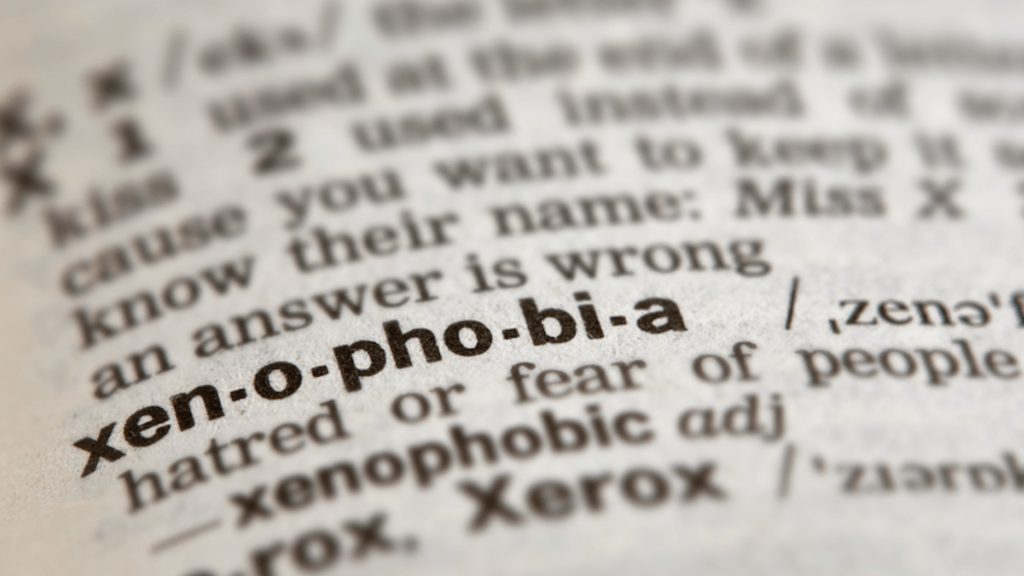
In 2001, hate crimes against Muslim stood at 481. This rise in Islamophobia is well-documented and continues to affect Muslims in America.
What Is The Victims’ Perspective On This?
For the families and friends of those who lost their lives on 9/11, this proposal may feel like a dismissal of their loved ones’ experiences.
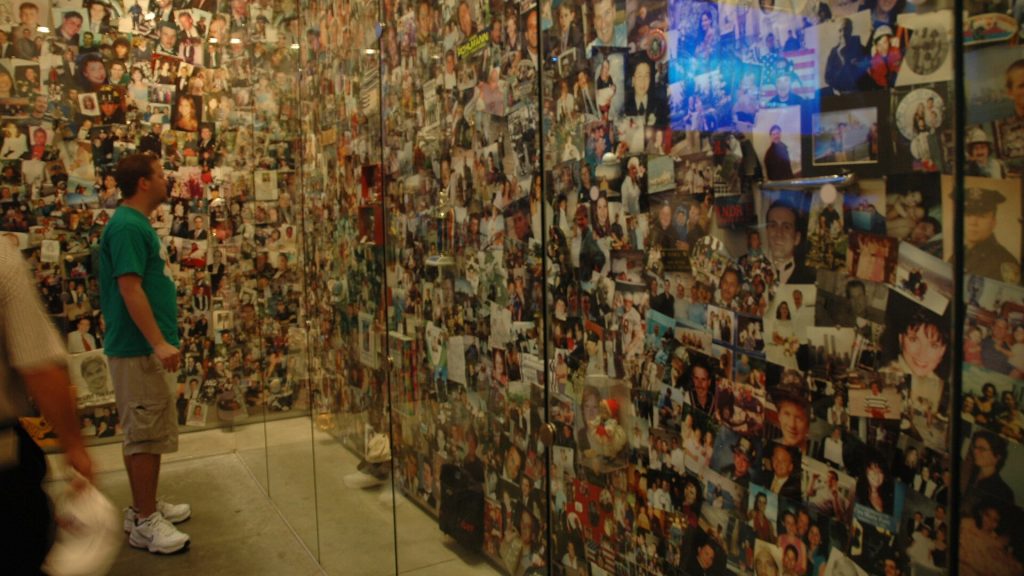
The 9/11 attacks led many victims’ families to become political activists. Some of these families were instrumental in lobbying for the creation of the 9/11 Commission. The compensation for those affected by 9/11 was $7 billion dollars to 98% of the eligible families of victims.
The Political Implications
With an event as powerful, evocative, and tragic as 9/11, personal connections and even proximity to the tragedy can have a durable political effect on individuals’ political attitudes and activities.
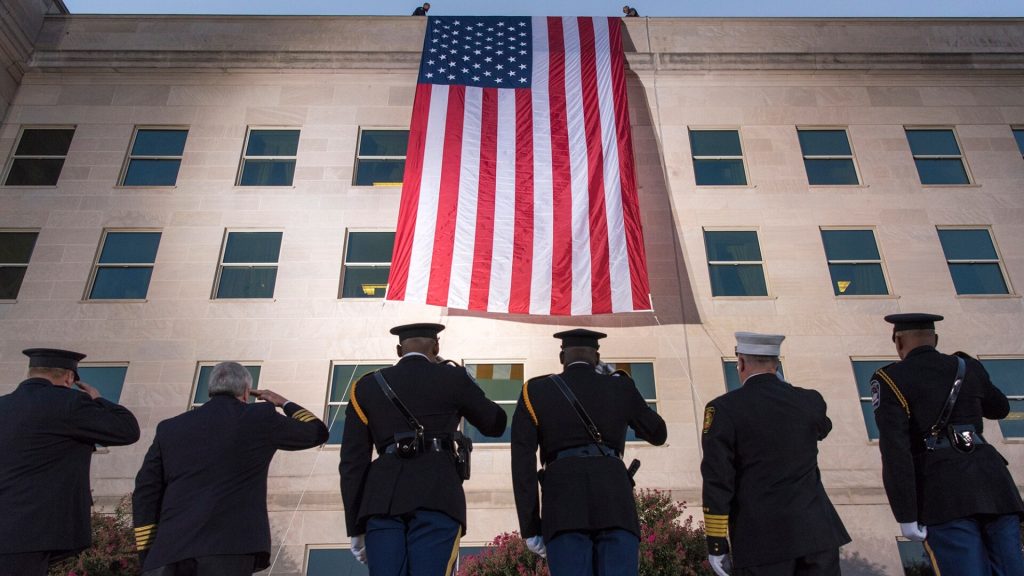
In the case of 9/11, people became more active in politics, more supportive of anti-terror spending, and more likely to register to vote as Republicans.
Educators Respond
The bill introduced by Assemblywoman Catalina Cruz has sparked a debate among educators. Some educators support the bill’s aim to highlight the rise in xenophobia and anti-Muslim sentiment following 9/11. They believe that this is an important aspect of the event’s aftermath that should not be overlooked.
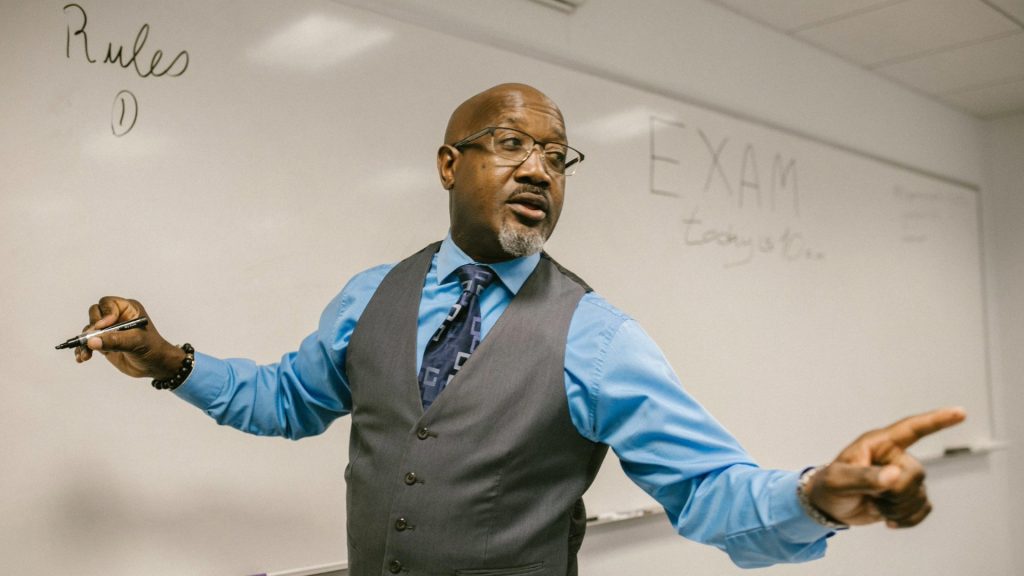
Other educators have expressed concerns about the bill. They worry that shifting the focus away from the attacks themselves could lead to a skewed understanding of the events. They argue that it’s important for students to understand the full context of 9/11, including the motivations of the attackers and the global response to the attacks.
The Impact on Students
Students, too, are central to this issue. The way 9/11 is taught can have a significant impact on students’ understanding of the event and its aftermath. By learning about 9/11, students gain insight into a pivotal moment in modern history.
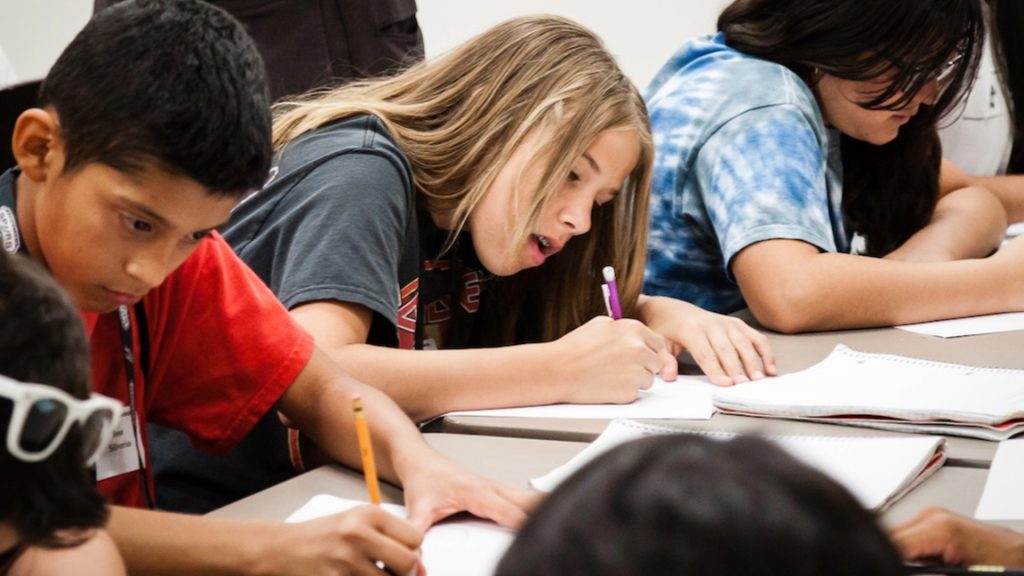
They also learn about the broader context, including the rise in xenophobia and anti-Muslim sentiment that followed the attacks. This allows students to form their own opinion and conclusions as a result of the attacks.
What Is The Broader Context of the Bill?
The teaching of U.S. History in public schools has always been political, and such concerns about whether curricula are “anti-American” are par for the course in moments of turmoil.
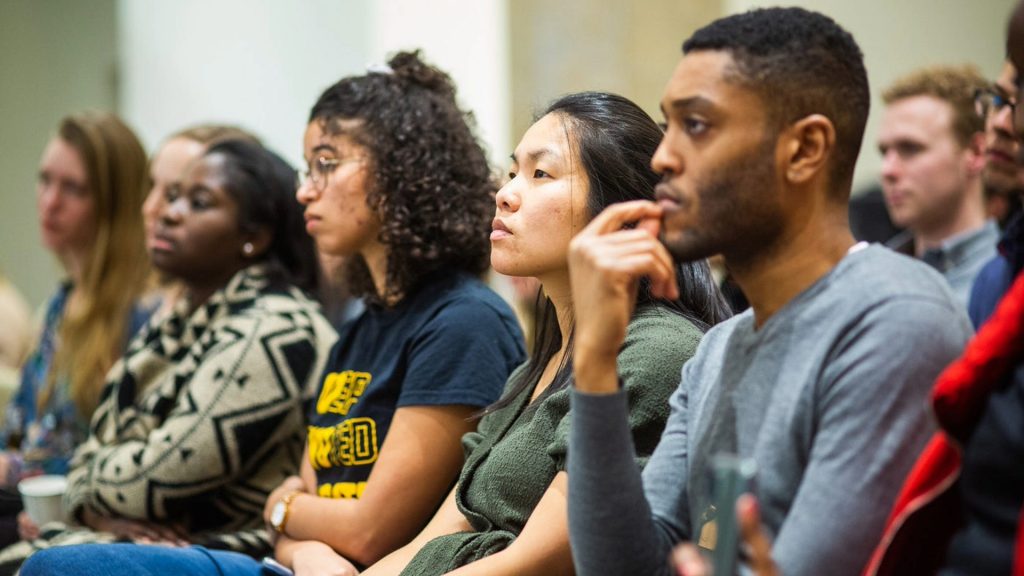
American history is full of painful topics, but avoiding education about those topics perpetuates the racist ideology that restricts more inclusive education in American society.
The Legal Implications
The proposed bill also has potential legal implications. If passed, it could set a precedent for how historical events are taught in schools, potentially influencing future legislation on education.
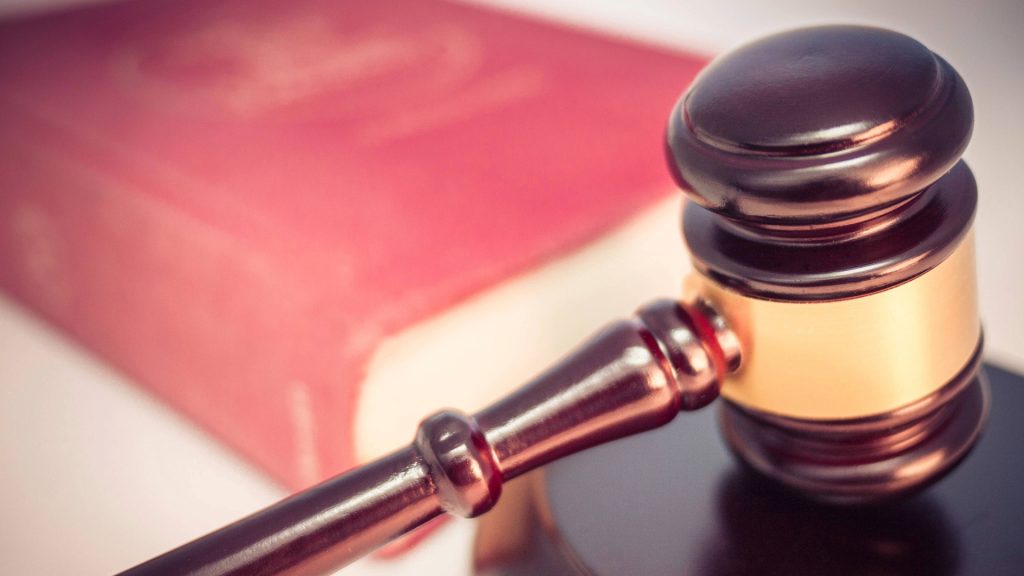
It could also face legal challenges, particularly if it is seen as infringing on the rights of educators to determine their curriculum or the rights of parents to influence what their children are taught.
Does the Bill Have a Future?
It remains to be seen whether Cruz’s bill will pass, and what impact it will have on 9/11 education in New York. The bill currently sits in the New York State Assembly’s education committee. It is unclear whether a committee hearing has been scheduled for the legislation.
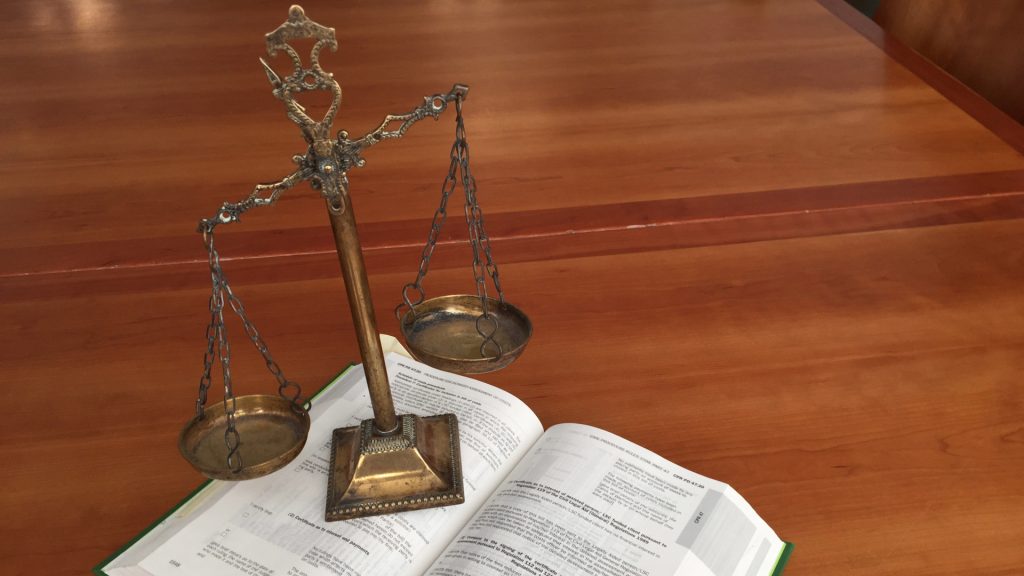
If passed, this bill could significantly alter how 9/11 is taught in New York schools.
Debate Continues
The debate on how to teach 9/11 in schools reflects larger questions about the role of education in shaping our understanding of history. While some argue that focusing on the xenophobia that followed 9/11 is an important part of the story, others worry that this approach risks downplaying the severity of the attacks themselves.
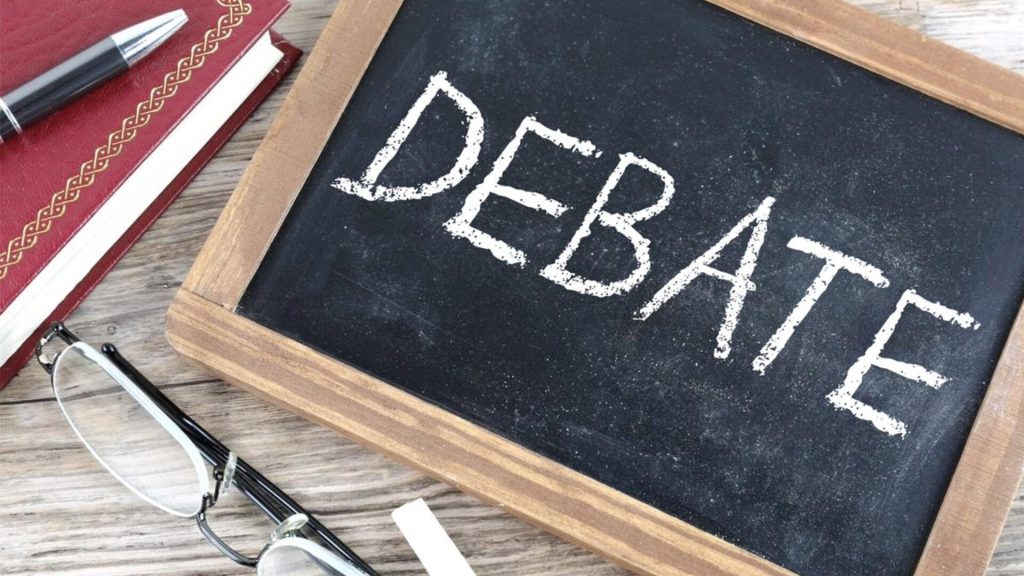
As this debate continues, it’s clear that the way we teach history is not just about the past, but also about how we understand and navigate the present.

